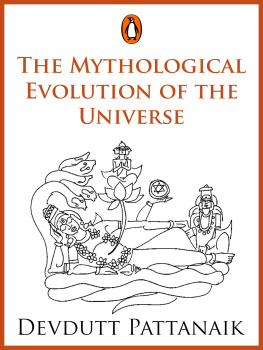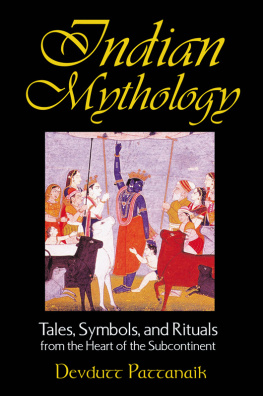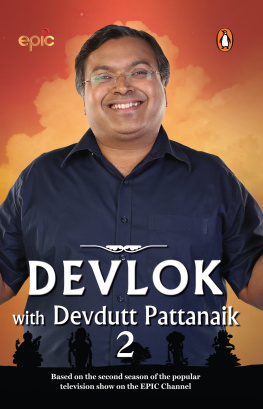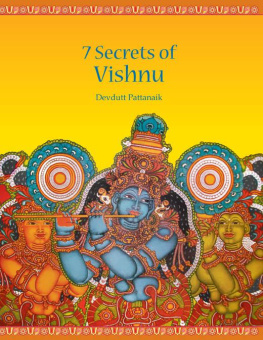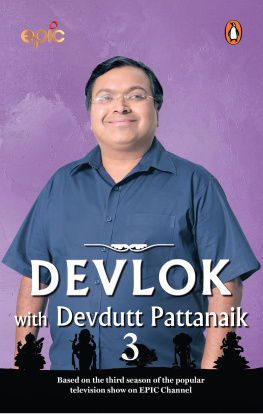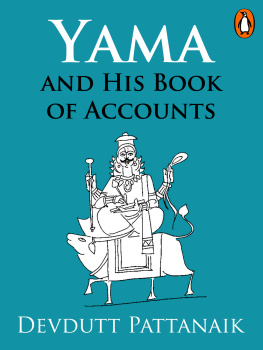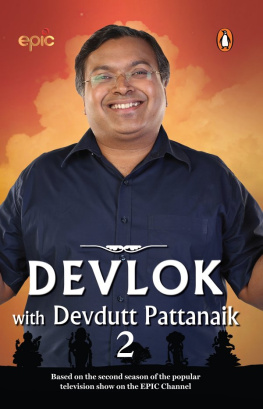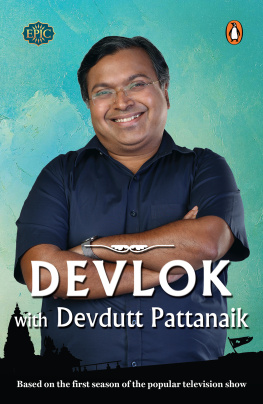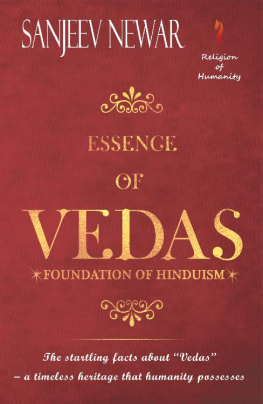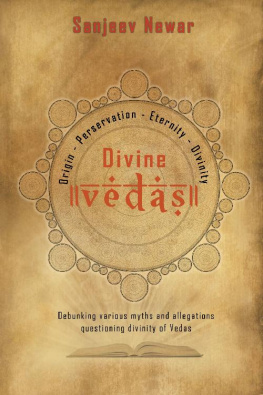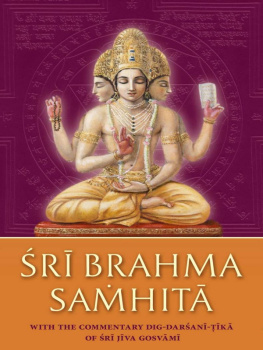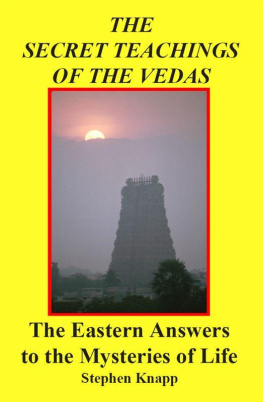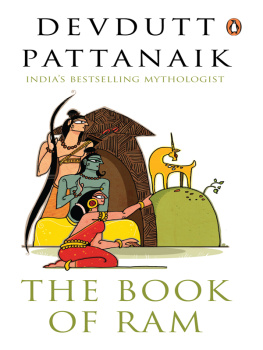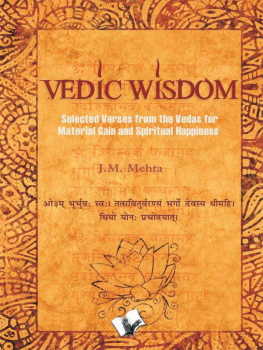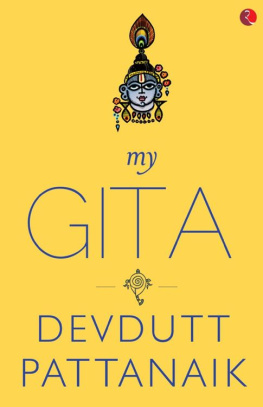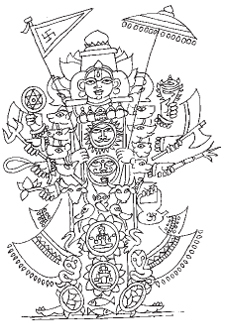The Hindu worldview can be startling to those accustomed to aWestern thought process, until we challenge the old definition of myth (the irrational, the unreasonable, the false) and embrace a new definition (subjective truth expressed in stories,symbols and rituals, that shapes all cultures, Indian or Western, ancient or modern, religious or secular). The Sanskrit word for subjective truth is mithyanot the opposite of objective truth,but a finite expression of satya, that which is infinite.
Introduction
In which the meaning of myth, its value
and expression are elaborated
E verybody lives in myth. This idea disturbs most people. For conventionally myth means falsehood. Nobody likes to live in falsehood. Everybody believes they live in truth.
But there are many types of truth. Some objective, some subjective. Some logical, some intuitive. Some cultural, some universal. Some are based on evidence; others depend on faith. Myth is truth which is subjective, intuitive, cultural and grounded in faith.
Ancient Greek philosophers knew myth as mythos. They distinguished mythos from logos. From mythos came intuitive narrations, from logos reasonable deliberations. Mythos gave rise to the oracles and the arts. From logos came science and mathematics. Logos explained how the sun rises and how babies are born. It took man to the moon. But it never explained why. Why does the sun rise? Why is a baby born? Why does man exist on earth? For answers one had to turn to mythos. Mythos gave purpose, meaning and validation to existence.
Ancient Hindu seers knew myth as mithya. They distinguished mithya from sat. Mithya was truth seen through a frame of reference. Sat was truth independent of any frame of reference. Mithya gave a limited, distorted view of reality; sat a limitless, correct view of things. Mithya was delusion, open to correction. Sat was truth, absolute and perfect in every way. Being boundless and perfect, however, sat could not be reduced to a symbol or confined to a word. Words and symbols are essentially incomplete and flawed. Sat therefore eluded communication. For communication one needs symbols and words, howsoever incomplete and flawed they may be. Through hundreds of thousands of incomplete and flawed symbols and words, it was possible to capture, or at least to indicate, the infinite perfection and boundlessness of sat. For Rishis therefore the delusion of mithya served as an essential window to the truth of sat.
Myth is essentially a cultural construct, a common understanding of the world that binds individuals and communities together. This understanding may be religious or secular. Ideas such as rebirth, heaven and hell, angels and demons, fate and freewill, sin, Satan and salvation are religious myths. Ideas such as sovereignty, nation state, human rights, womens rights, animal rights and gay rights are secular myths. Religious or secular, all myths make profound sense to one group of people. Not to everyone. They cannot be rationalized beyond a point. In the final analysis, you either accept them or you dont.

If myth is an idea, mythology is the vehicle of that idea. Mythology constitutes stories, symbols and rituals that make a myth tangible. Stories, symbols and rituals are essentially languageslanguages that are heard, seen and performed. Together they construct the truths of a culture. The story of the Resurrection, the symbol of the crucifix and the ritual of baptism establish the idea that is Christianity. The story of independence, the symbol of the national flag and the ritual of the national anthem reinforce the idea of a nation state.

